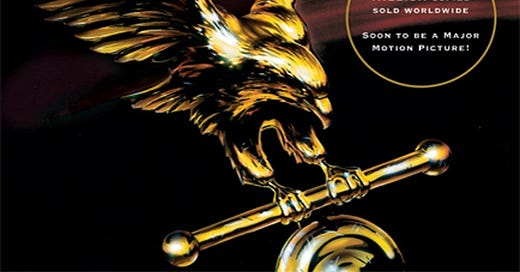If you are looking for the beginning of the study for The Eagle of the Ninth then you can go HERE for a brief introduction. At the bottom of the introduction you will find the links to each section of the study guide as it becomes available. If you would like to see the growing list of book studies available for free on this site you can go HERE. Enjoy!
Virtues/Vices/Great Ideas: (Find them in the Text)
Religion, Light vs. Darkness, Home, Pride, Justice vs. Despotism, Compassion
Grammar Questions: (The Information of the Text)
What is uncle Aquila’s home like?
How has Aquila been spending his time for the previous ten years?
Who are Aquila’s two slaves and what are their responsibilities?
What “one gleam of light” did Marcus receive “not long after he came to Calleva”?
How is Aquila described in this chapter?
What passtime do Marcus and Aquila often take part in?
What concern did Marcus state that made Aquila respond, “Oh, my good lad, do try not to be such a fool!”
What were some reasons Aquila cited for why he stayed in Britain?
What are the different kinds of events that take place at the Saturnalia games?
What equipment did the two gladiators carry in the death match?
What did Marcus ask Aquila how to accomplish at the end of this chapter?
Logic Questions: (Interpreting, Comparing/Contrasting, Reasoning)
Why was Marcus “very afraid of kindness”?
Why does Marcus long for “last year to be given back to him”?
Given uncle Aquila’s answer as to why he stayed in Britain, what do you think his view is as to what makes a place “home”?
Why do you think the British took to the gladiatorial games faster than other Roman customs?
What does it mean to call Kaeso’s family “A British family of the ultra-Roman kind”?
Why did Marcus become “filled with a sudden unreasoning anger against Kaeso”?
Which two characters, who were not named in this chapter, seem like they may be important to the story as it unfolds? Why do you think so?
What seems to be Marcus’ greatest need according to this chapter?
Rhetoric Questions: (The Analysis of Ideas in the Text)
In this chapter we saw various games and displays of violence (beast vs. beast, man vs. man, etc.) To what extent is it permissible for Chrsitians to take enjoyment from watching violence? Think carefully, offer distinctions if appropriate, explain and defend your answer with reason.
“Mob mentality” refers to the tendency of large crowds to get caught up in a certain behavior, usually negative, without a lot of thought. What accounts for Mob behavior? What kind of things might serve to prevent a “mob mentality” from forming? What would keep us from being drawn in by a similar situation? Offer your thoughts and explain.
Theological Analysis: (Sola Scriptura)
Consider the passage in this chapter which discusses the Roman religious worship of Mithras and the celebration of his birth (a custom which would have been familiar to the New Testament authors). How does this add interest and meaning to the apostle John’s words about Jesus in John 1:1-18?
Read Acts 19:23-41. How is this a good picture of “mob mentality”? How did this riot start and what should we learn from this situation?
How does Proverbs 21:10 relate to our current reading?



